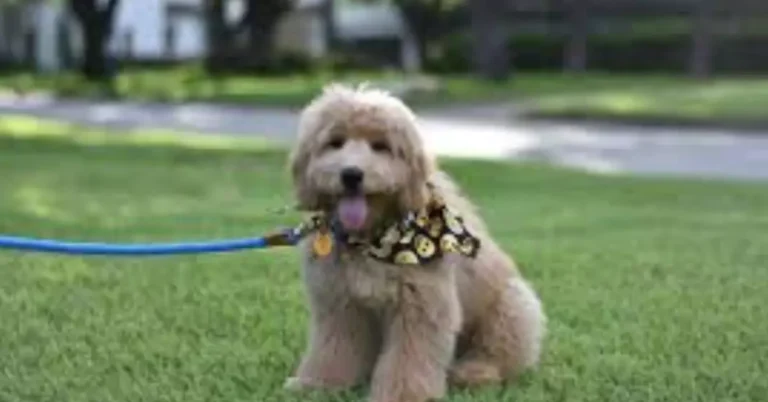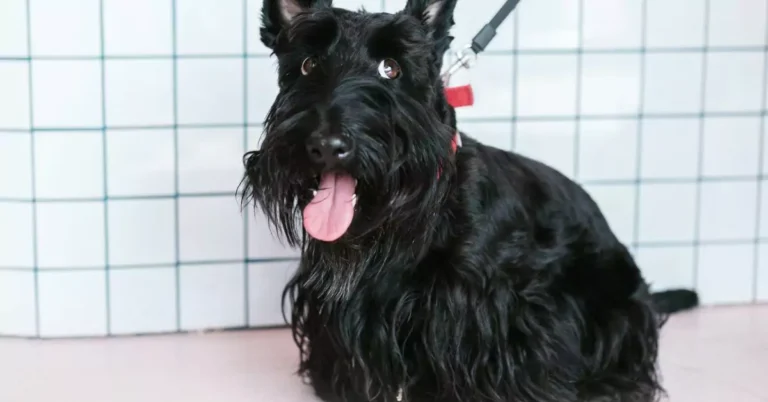What Does Dog Licking Lips Mean?
Dog Licking Lips a devoted dog parent, nothing brings more joy than witnessing the unmistakable bond between you and your furry friend. Dogs, being unable to communicate verbally, rely heavily on body language to convey their feelings and needs.
Decoding Dog Lip Licking
One behavior that can be particularly telling is lip licking. Understanding why your dog engages in this behavior is crucial for ensuring their well-being. In this comprehensive guide, we will delve into the various reasons behind dog lip licking and what actions you can take as a responsible pet owner.
Significance of Observant Dog Parents
Being an observant dog parent is akin to having a super power in ensuring your dog’s health and happiness. Dogs, much like humans, can experience changes in their well-being that may not be immediately apparent. Lip licking is one such behavior that can act as an early indicator of underlying issues.
Importance of Understanding Dog Lip Licking
Dog lip licking is a form of canine communication, and deciphering its meaning can lead to early detection of health or behavioral concerns. In this guide, we’ll explore both normal and abnormal lip licking, shedding light on potential causes and the necessary steps to take.
Normal vs. Abnormal Lip Licking

Explaining Normal Lip Licking
Just like people occasionally lick their lips, dogs also engage in this behavior for normal reasons, such as hunger, excitement, or sensing something appetizing.
Identifying Abnormal Lip Licking
Understanding when lip licking becomes abnormal is crucial. Signs like difficulty chewing, excessive drooling, or changes in behavior accompany abnormal lip licking, indicating potential health issues.
Potential Medical Causes
Dental Disease
Dental issues, a prevalent cause of lip licking, can lead to discomfort, bad breath, and reluctance to eat. Regular dental care and veterinary intervention are paramount.
Foreign Objects in the Mouth
Sometimes, foreign objects lodged in a dog’s mouth can mimic dental disease symptoms. A vet’s examination, potentially including a sedated mouth exam, is essential for accurate diagnosis.
Nausea
Lip licking, accompanied by drooling, can indicate nausea. Digestive tract issues, toxins, or systemic diseases may be the culprits, requiring prompt veterinary attention.
Bloat and GDV (Gastric Dilation and Volvulus)
Excessive lip licking, combined with symptoms like pacing and an enlarged abdomen, may signal bloat or GDV—a life-threatening condition. Immediate veterinary intervention is crucial.
Seizures
Lip licking may be linked to seizures, necessitating a veterinary examination for proper diagnosis and treatment.
Allergies and Skin Conditions
Allergies
Identifying the type of allergy (food, fleas, environmental) is crucial. Symptoms may include excessive licking, itching, and skin problems, requiring a vet’s expertise.
Diagnosing and Treating Allergies
Veterinary consultation and diagnostic steps, such as skin tests or dietary trials, are essential for effective allergy management.
Behavioral Causes
Fear and Anxiety
Lip licking can be a calming signal, indicating fear or anxiety. Recognizing these signs and providing reassurance, along with potential interventions, is vital.
Obsessive-Compulsive Disorder (OCD)
Understanding OCD behaviors in dogs, such as excessive lip licking, requires veterinary consultation and tailored treatment plans.
Addressing the Issue
Tailored Approaches for Each Cause
Whether medical or behavioral, addressing the issue involves a tailored approach. Veterinary consultation for medical issues and a combination of training techniques and medications for behavioral concerns.
Related Post : Dog Skin Tag: Causes And Treatment of dog
Importance of Regular Health Monitoring
Encouraging routine health scans enables early detection of issues, making you a proactive advocate for your dog’s well-being.
Conclusion
Recap of Key Points
Understanding the reasons behind dog lip licking empowers dog parents to respond effectively to their pets’ needs. From dental care to addressing anxiety, this guide has equipped you with the knowledge to be a vigilant and caring owner.
Encouragement for Readers
Share your experiences and seek professional advice when in doubt. Your commitment to your dog’s health is the foundation of a fulfilling and lasting companionship.






